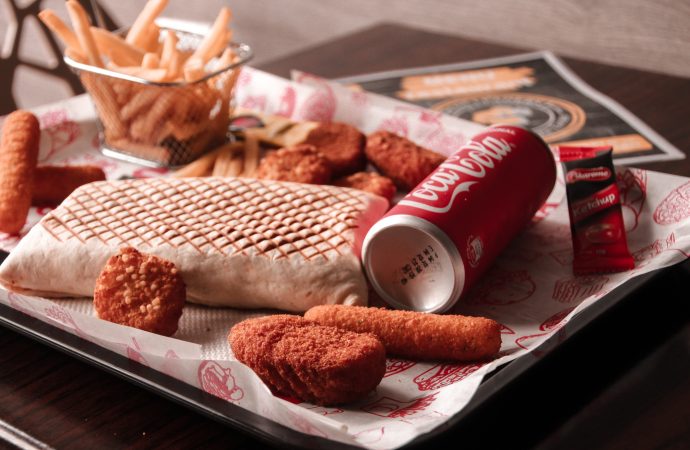Ultra-processed foods are everywhere in our modern food environment. From fast food meals to packaged snacks and sugary beverages, they are often convenient and affordable options that can be hard to resist. However, these types of foods are associated with a range of negative health outcomes, including obesity, diabetes, and heart disease. In order to
Ultra-processed foods are everywhere in our modern food environment. From fast food meals to packaged snacks and sugary beverages, they are often convenient and affordable options that can be hard to resist. However, these types of foods are associated with a range of negative health outcomes, including obesity, diabetes, and heart disease. In order to take control of your diet and improve your health, it’s important to reduce your intake of ultra-processed foods. Here are some strategies to help you do just that.
- Focus on Whole Foods
One of the best ways to reduce your intake of ultra-processed foods is to focus on whole foods. These are foods that are as close to their natural state as possible, with minimal processing. Examples include fresh fruits and vegetables, whole grains, nuts and seeds, and lean proteins like chicken, fish, and tofu. By prioritizing these foods in your diet, you’ll be automatically reducing your intake of ultra-processed foods.
- Cook at Home
Another way to reduce your intake of ultra-processed foods is to cook at home more often. When you cook your own meals, you have control over the ingredients and can avoid the additives and preservatives that are often found in packaged and processed foods. Plus, cooking can be a fun and rewarding activity that allows you to experiment with different flavors and ingredients.
- Read Labels Carefully
When you do buy packaged foods, it’s important to read the labels carefully. Look for foods with fewer ingredients, and try to avoid products that contain added sugars, artificial flavors, and preservatives. Keep in mind that some ultra-processed foods can be disguised as “health foods,” so it’s important to be discerning when shopping.
- Limit Fast Food and Takeout
Fast food and takeout meals are some of the most ultra-processed foods you can eat. While it’s okay to indulge once in a while, it’s important to limit your intake of these types of foods. Instead, try to plan ahead and bring your own meals or snacks with you when you’re on-the-go.
- Opt for Healthy Snacks
Snacking can be a major source of ultra-processed foods in many people’s diets. Instead of reaching for a bag of chips or a candy bar, try to choose healthier snacks like fresh fruit, vegetables with hummus, or nuts and seeds. These options will provide your body with the nutrients it needs without the added sugars and artificial ingredients.
- Drink More Water
Many ultra-processed foods are also high in calories and sugar, which can contribute to weight gain and other health problems. One way to combat this is to drink more water. Not only will this help you stay hydrated, but it can also help you feel full and satisfied, reducing your cravings for unhealthy foods.
- Get Support
Reducing your intake of ultra-processed foods can be challenging, especially if you’re used to relying on these types of foods for convenience or comfort. That’s why it’s important to get support from friends and family, or even seek out a registered dietitian or other health professional who can help you make the necessary changes to your diet.
By implementing these strategies, you can take control of your diet and reduce your intake of ultra-processed foods. While it may not be easy at first, the benefits to your health are well worth the effort.

















Leave a Comment
Your email address will not be published. Required fields are marked with *